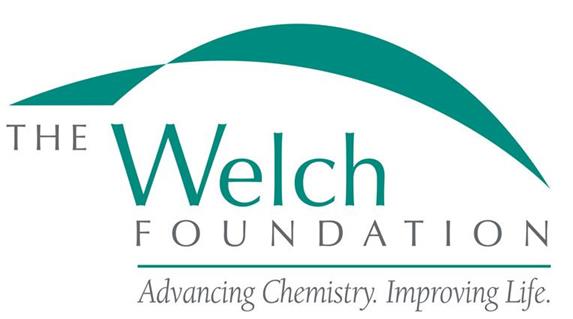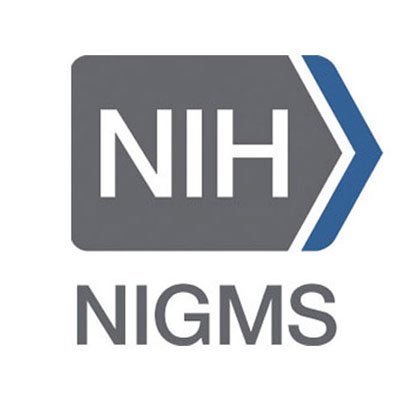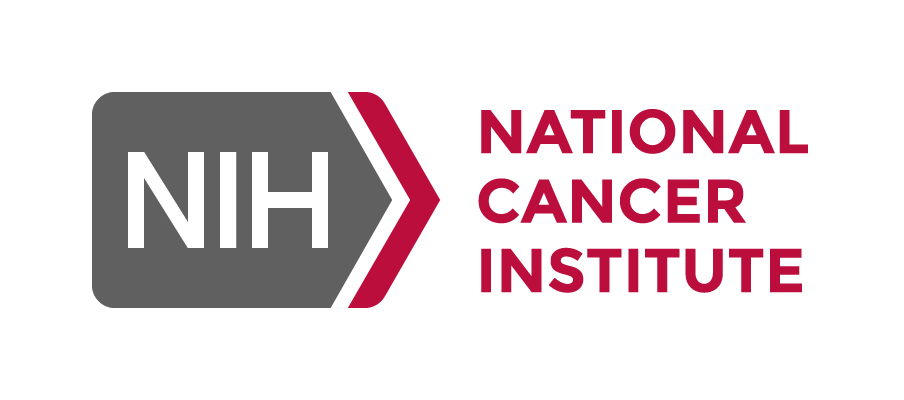Precision modification of bio-molecules
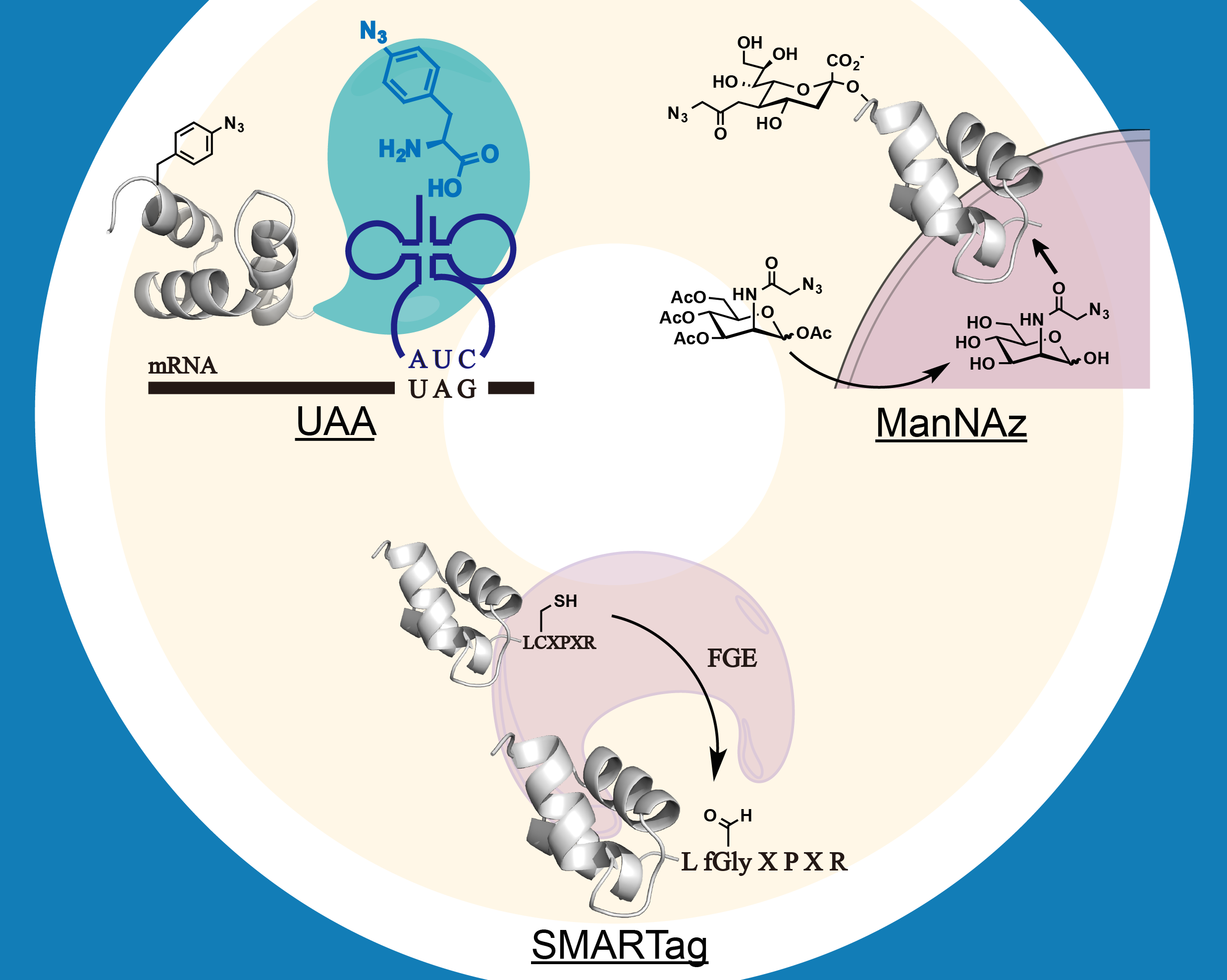
The ability to site-specifically introduce distinct chemical moieties (e.g. unnatural amino acid, unnatural saccharide derivatives) into biomolecules affords a powerful tool to investigate and manipulate biological systems. Here, we will expand the tool set for this purpose. We are interested in (1) adding new building blocks with novel chemical, biological, and physical properties in different biological systems; (2) enhancing the performance of chemical biological tools in various species; (3) using these tools to better understand and ultimately control various biological processes; and (4) exploring the therapeutic utilities of these tools in the context of cancer, autoimmune, and metabolic diseases.
Next-generation antibody therapy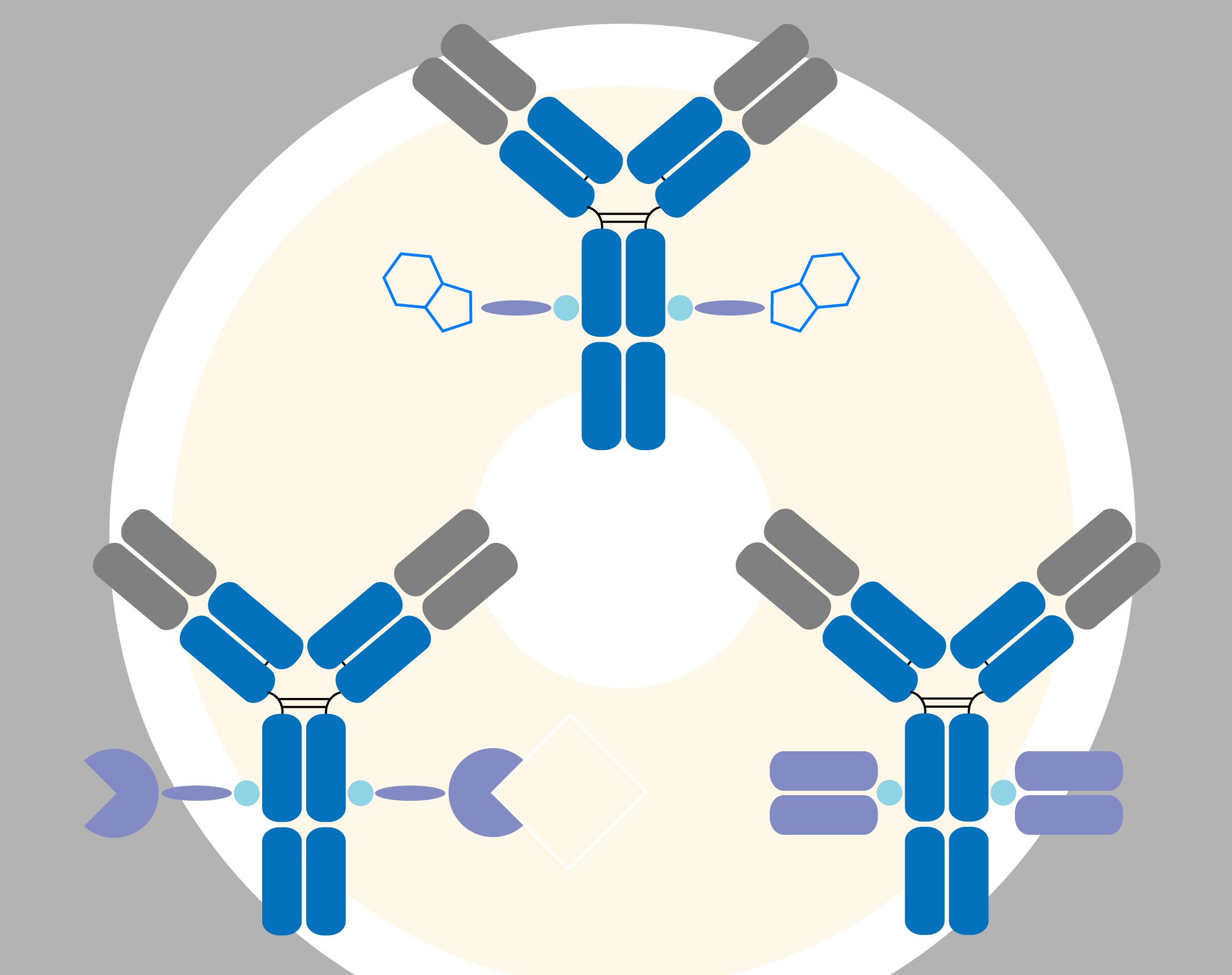
Monoclonal antibodies have emerged as a successful treatment for various cancers since the 1980s. Beyond inducing tumor cell death by blocking survival pathways, their success relies substantially on their ability to coat tumor cells and promote immune cells activations against the tumor. We are actively pursuing the design and synthesis of novel antibody conjugates that enabling tumor-specific delivery of toxins as well as site-specific activation of the immune system. Advances in chemical biological tools will enable us to prepare antibody conjugates with novel scaffolds that can overcome the problems of current therapy as well as carry out novel actions.
Engineering of immune cells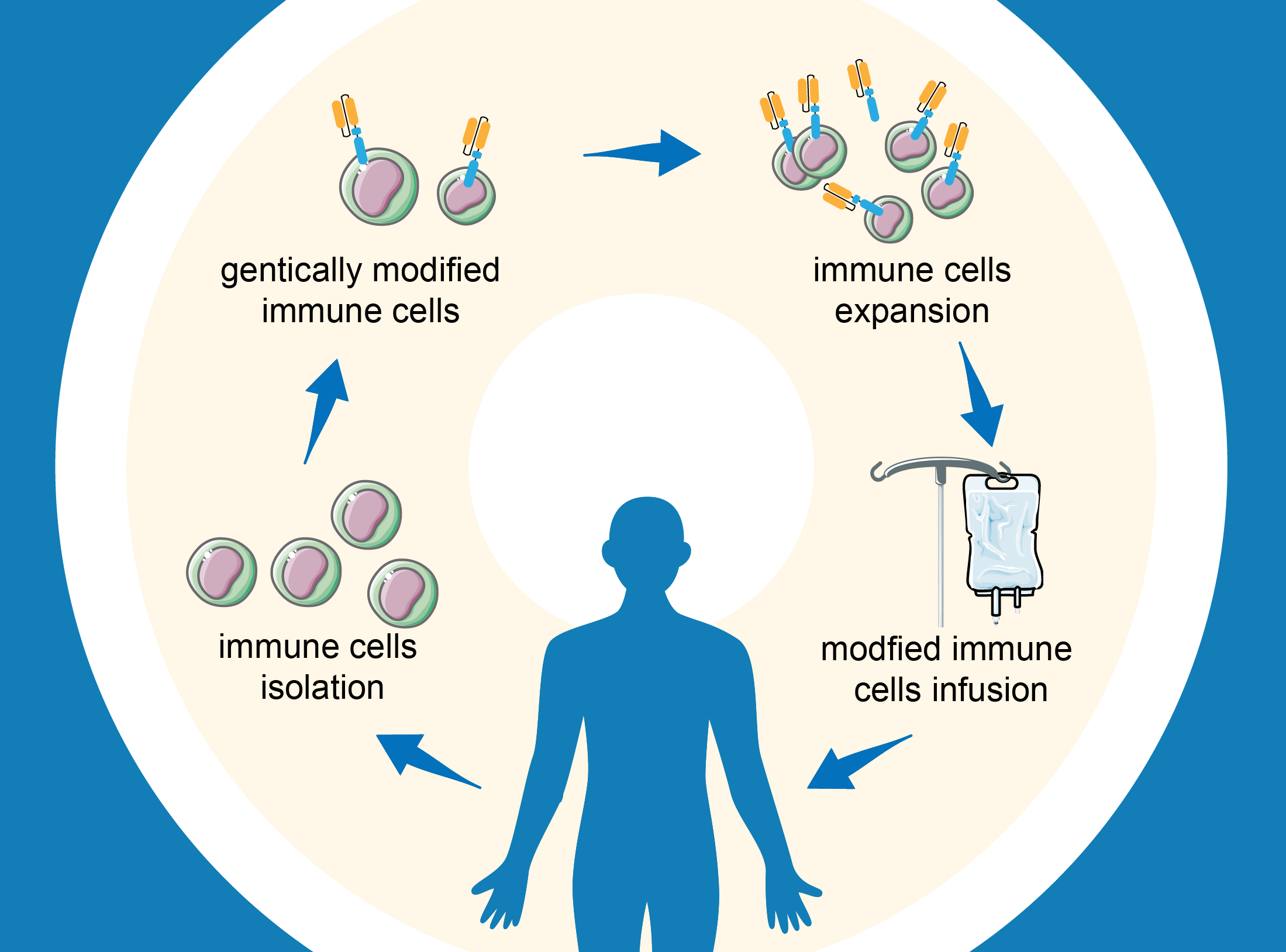
Therapies that enhance the immune response to cancer are proving revolutionary in the fight against tumors. Chimeric antigen receptor (CAR)-engineered immune cell therapy that endows the patient’s immune cells with reactivity for tumor cell surface molecules, is emerging as an effective and innovative treatment for cancer. However, the future utility of this technology in clinical settings is greatly limited by long production times, high production costs, and complicated handling processes. We are using various chemical biological tools to engineer CAR-immune cells to overcome these limitations.
Acknowledgement of Support
Many thanks to the following funding sources for making our work possible.

